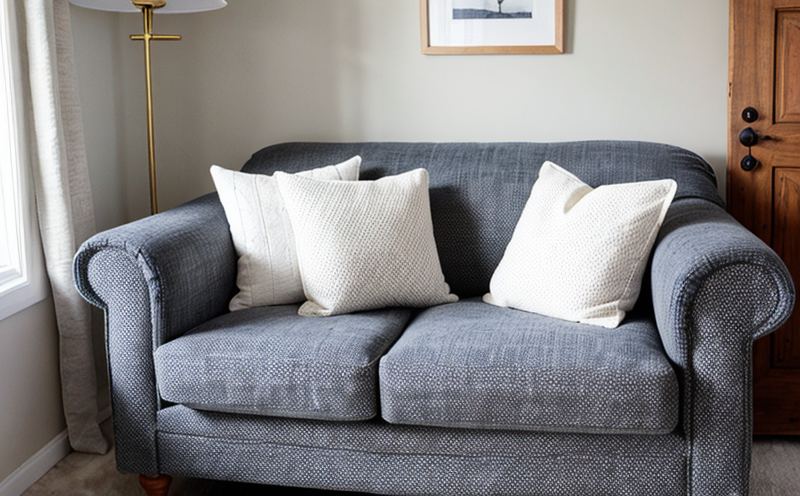Abrasion performance of curtain fabrics in laboratory testing
The abrasion resistance of curtain fabrics is a critical property that ensures durability and longevity. In the home textiles sector, where curtains are frequently exposed to environmental elements and daily wear and tear, it becomes essential for manufacturers to assess the abrasion performance under controlled laboratory conditions.
Testing the abrasion performance of curtain fabrics involves subjecting samples to simulated use conditions, which mimic real-world scenarios. This testing is typically conducted using standardized methods such as ISO 12947-1:2013 or ASTM D6585, ensuring that the results are reliable and comparable across different manufacturers.
During the abrasion test, a specified abrasive material (such as wool felt) rubs against the fabric under controlled conditions. The number of cycles required to cause visible wear or damage is recorded. This data provides valuable insights into the fabric's durability and helps in making informed decisions during product development.
The abrasion resistance of curtain fabrics can be influenced by several factors, including fiber type, yarn structure, weave pattern, and finish. Weave density plays a significant role; tighter weaves generally offer better abrasion resistance due to increased interlacing of threads. Additionally, the fabric's weight per unit area (grams per square meter) also contributes to its durability.
For manufacturers aiming for high-quality products, understanding these factors and optimizing them can enhance the performance of their curtains. This testing not only ensures compliance with industry standards but also helps in creating products that meet customer expectations regarding longevity and aesthetic appeal. By investing in thorough abrasion testing, textile companies can gain a competitive edge by offering products that stand up to rigorous use.
Moreover, laboratory tests provide an objective measure of fabric performance, which is crucial for quality control purposes. This ensures consistency across batches and helps in identifying any potential issues early on in the production process. For compliance officers, such data can be vital when ensuring that products meet regulatory requirements regarding durability and safety.
In summary, abrasion testing of curtain fabrics is an indispensable part of the textile industry. It plays a pivotal role in ensuring product quality and reliability while also meeting both internal and external expectations. By conducting these tests under controlled laboratory conditions, manufacturers can optimize their products for superior performance and durability.
Benefits
- Enhanced Durability: Identifies the wear resistance of curtain fabrics to ensure they last longer under real-world conditions.
- Compliance Assurance: Ensures that products meet industry standards and regulations regarding durability.
- Informed Decision-Making: Provides valuable data for R&D teams to optimize fabric performance during product development.
- Quality Control: Helps in maintaining consistent quality across different production batches, leading to higher customer satisfaction.
Why Choose This Test
- Standardized Methodology: Follows internationally recognized standards like ISO 12947-1:2013 or ASTM D6585, ensuring consistent and reliable results.
- Objective Data: Provides quantitative data on fabric performance that can be used for decision-making purposes.
- Comprehensive Insights: Offers detailed information about the factors influencing abrasion resistance, aiding in product optimization.
- Regulatory Compliance: Ensures products meet all necessary regulatory requirements, avoiding potential legal issues.
Quality and Reliability Assurance
The quality of curtain fabrics is crucial for both the manufacturer and end-user. By incorporating abrasion testing into their quality control processes, manufacturers can ensure that their products meet high standards of durability and reliability. This not only enhances brand reputation but also fosters customer trust.
Regular laboratory testing helps in identifying any inconsistencies or defects early on, allowing for timely corrective actions. For compliance officers, this ensures that all products are in line with relevant regulations, thereby minimizing the risk of non-compliance issues.
In addition to enhancing product quality and reliability, abrasion testing also contributes significantly to environmental sustainability efforts. By producing durable fabrics, manufacturers can reduce waste and extend the lifecycle of their products, contributing positively to the environment.





